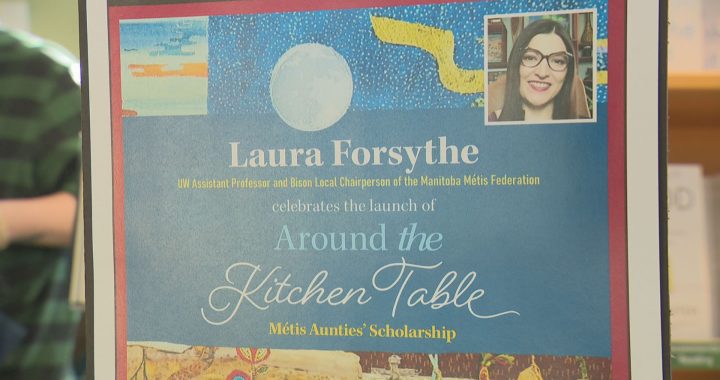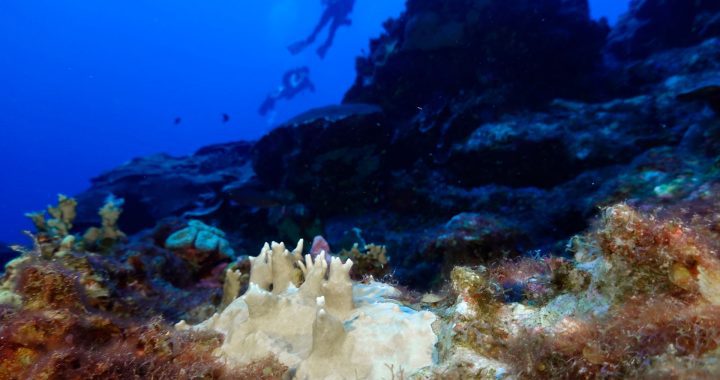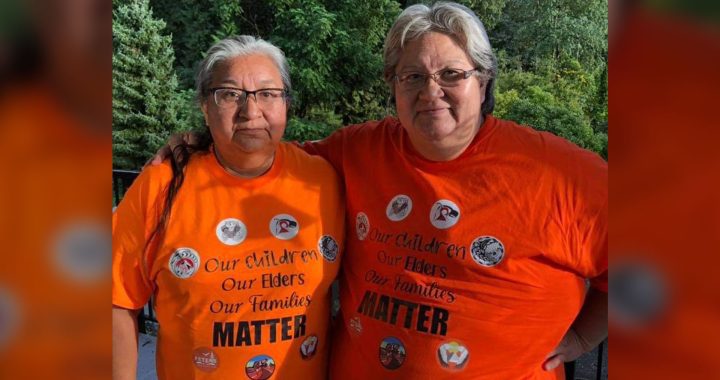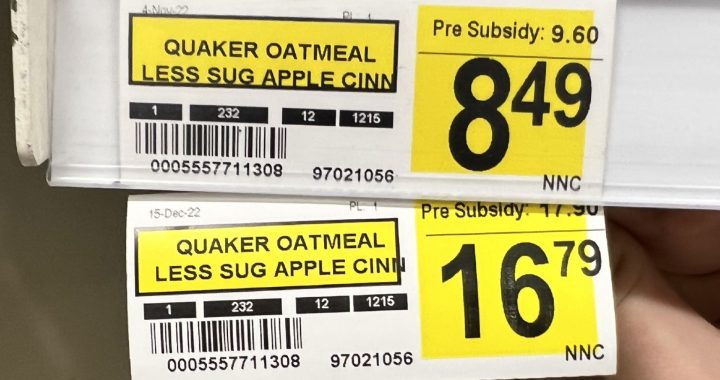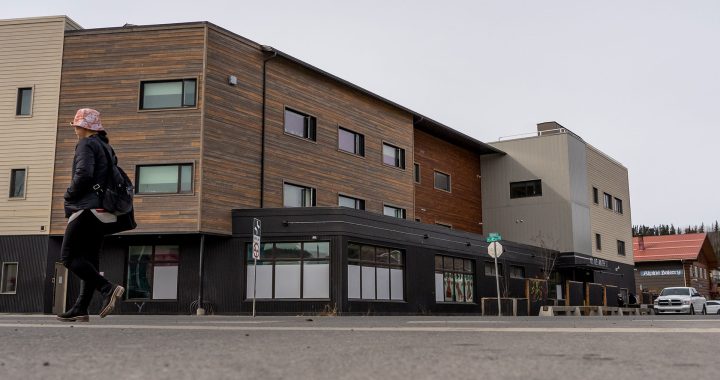APTN National News
NDP leader Tom Mulcair says his government would implement resource revenue sharing agreements with Indigenous nations modeled on the 1975 agreement struck between Quebec, the Cree and the Inuit in that province.
Mulcair said, if elected, an NDP government would ensure all major resource development projects would include resource revenue sharing with the Indigenous nations that are impacted by the project.
Mulcair said he sees the 1975 Paix des Braves agreement signed over the massive Hydro-Quebec James Bay hydroelectric project. The agreement, which has been modified over a dozen times since then, was signed between Quebec, the Cree and the Inuit in northern Quebec.
“The Paix de Braves has become a model for a nation-to-nation respectful respectful relations with First Nations and there has been revenue sharing from what has been produced from that big development project,” said Mulcair. “The same has to become systematic across the country. The best way to recognize that we are all in this together, if we do develop a nation-to-nation approach, of course First Nation, Inuit and Metis people have to have their fair share.”
Mulcair made the statement during APTN’s final virtual town hall with federal party leaders leading up to the Oct. 19 election.
A virtual town hall with Green Party leader Elizabeth May aired Tuesday and a town hall with Liberal leader Justin Trudeau aired on Wednesday.
The virtual town halls, hosted by APTN anchor Cheryl McKenzie, featured questions from Indigenous people across the country.
The Conservative party did not respond to APTN’s invitation to participate in the town halls.
All the town halls are available on APTN’s news website.
Mulcair said during his town hall that an NDP government would follow existing Supreme Court of Canada rulings and consult and accommodate every step of the way with First Nations when it came to resource development projects on their territories.
If a First Nation said no to a project, an NDP government would comply within “that spectrum” laid down by the Supreme Court and the principles of the UN Declaration on the Rights of Indigenous Peoples.
“No would mean no with respect to the existing rights, that are treaty rights, inherent rights and Canada’s international obligations, of course yes,” said Mulcair.
Mulcair said an NDP government would reject the Northern Gateway Pipeline project.
On the Energy East pipeline, Mulcair said the project would be put through an enhanced environmental review that would not only include consultation and accommodation, but also study its environmental impact including its potential effect on greenhouse gases.
Mulcair said, if elected, his government would also move quickly on education, committing $1.8 billion over four years and then implementing a five per cent escalator for every year after that would hit a total of $4.8 billion over eight years.
“I don’t accept there should be that funding gap between the funding for First Nation schools and other Canadians,” said Mulcair.
He also said the issue of education, dovetails with the lack of housing in many First Nation and Inuit communities and high suicide rates.
Mulcair said the recent Coroner’s inquest in Nunavut into the suicide of an 11 year-old showed that the issues are interrelated. The Coroner’s inquest heard that the child lived in a house that had between 18 to 22 people living there.
“How does a child who grows up in a home with 18 or 22 people in it is ever supposed to do their homework?” said Mulcair. “If it is causing that level of despair that even a child winds out taking their own life…Well then we have an obligation to start acting.”
An NDP government would put $100 million on the table for housing, said Mulcair.
Mulcair said his government, if elected, would also focus on providing drinking water in First Nation communities.
“Canada has more fresh water than any country on earth, yet the people who were here first don’t have access to clean, safe drinking water in far too many communities,” he said.
Mulcair said an NDP government would also create a cabinet committee that would deal specifically with First Nation, Inuit and Metis peoples that he would chair.
“I am going to chair that committee to make sure to we do three things every time we take a decision in our government: That we respect first Nation treaty rights, their inherent rights and Canada’s obligations to her first people,” said Mulcair.
Mulcair said that idea was inspired by Cree NDP candidate Romeo Saganash would play a “key” role in an NDP government.
During the virtual town hall, Mulcair repeated his pledge to hold a public inquiry into murdered and missing Indigenous women within the first 100 days of taking power.
Mulcair also revealed his own family link to Metis hero Louis Riel.
The NDP leader said his great-great grandfather Honore Mercier, who eventually became premier of Quebec, helped shelter Riel’s children after he was hanged.
Mulcair mentioned the historical fact while answering a question on the Metis land claim in Manitoba. Mulcair said an NDP government would engage with the Metis to settle the claim.
“We have every intention of righting that historical wrong,” said Mulcair.
Mulcair said an NDP government would usher in a “new era” in relations with Indigenous people in the country.
“All the problems we are describing now, 100 per cent of them are the results of Conservative and Liberal governments before,” said Mulcair. “So the NDP is the only party that can propose honest change from what we have gone through in the past.”
@APTNNews




